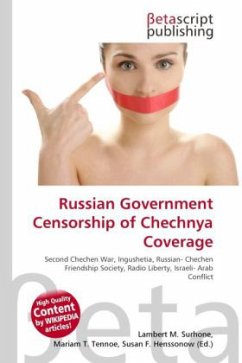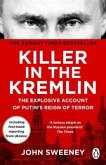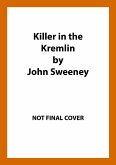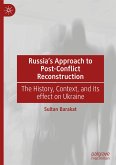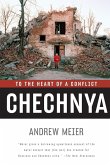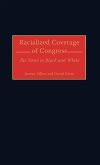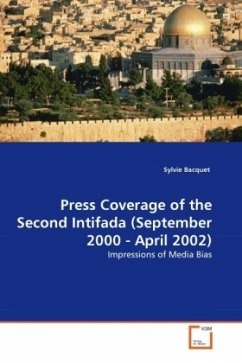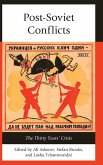High Quality Content by WIKIPEDIA articles! At the start of the Second Chechen War in 1999 federal authorities had designed and introduced a comprehensive system to control media access to the battlefield. The Russian government's but of all Russian television stations and its use of repressive rules, harassment, censorship, intimidation and attacks on journalists, including the kidnapping of Radio Liberty correspondent Andrei Babitsky by the Russian military, almost completely deprived the Russian public of the independent information on the conflict. Local journalists in Chechnya face intense harassment and obstruction, while foreign journalists and media outlets are pressured into censoring their reports on the conflict, making it nearly impossible for journalists to provide balanced coverage of Chechnya. Since 2001, with the headlines dominated by news of the Israeli-Arab conflict and the U.S.-led War on Terrorism, the conflict has been almost completely forgotten by the international media. Few Russian journalists continue to cover the Chechen conflict, and even fewer dare to criticize the government, instead choosing self-censorship.
